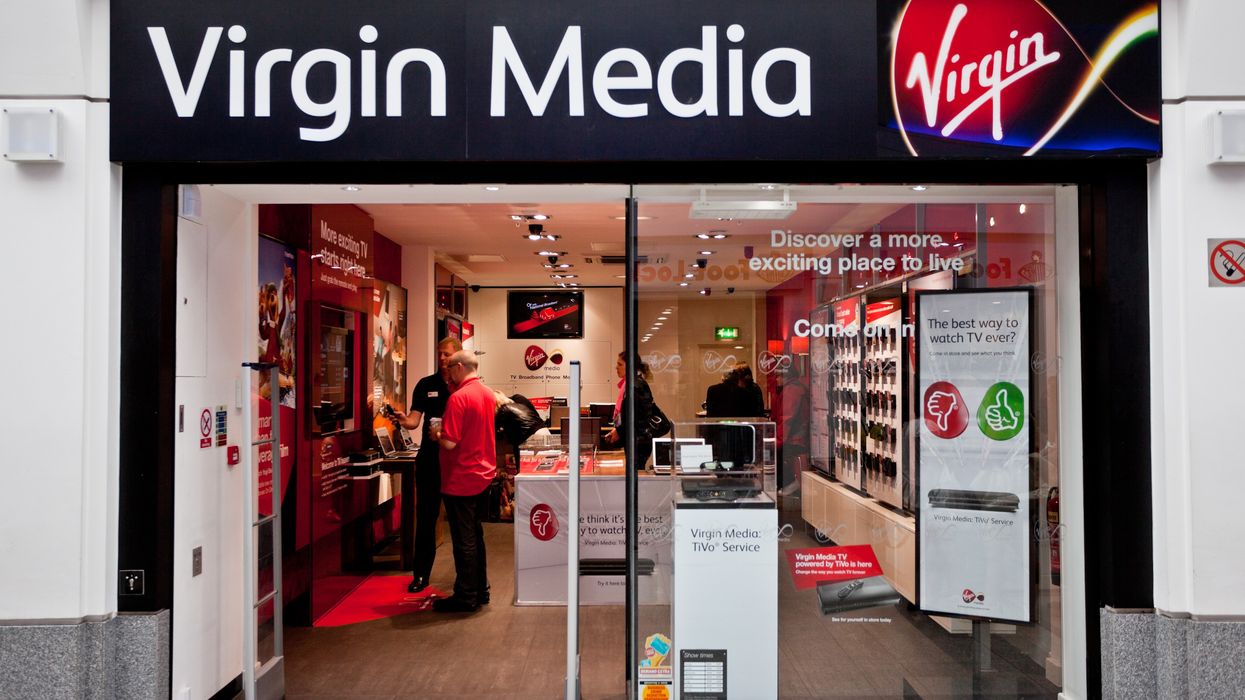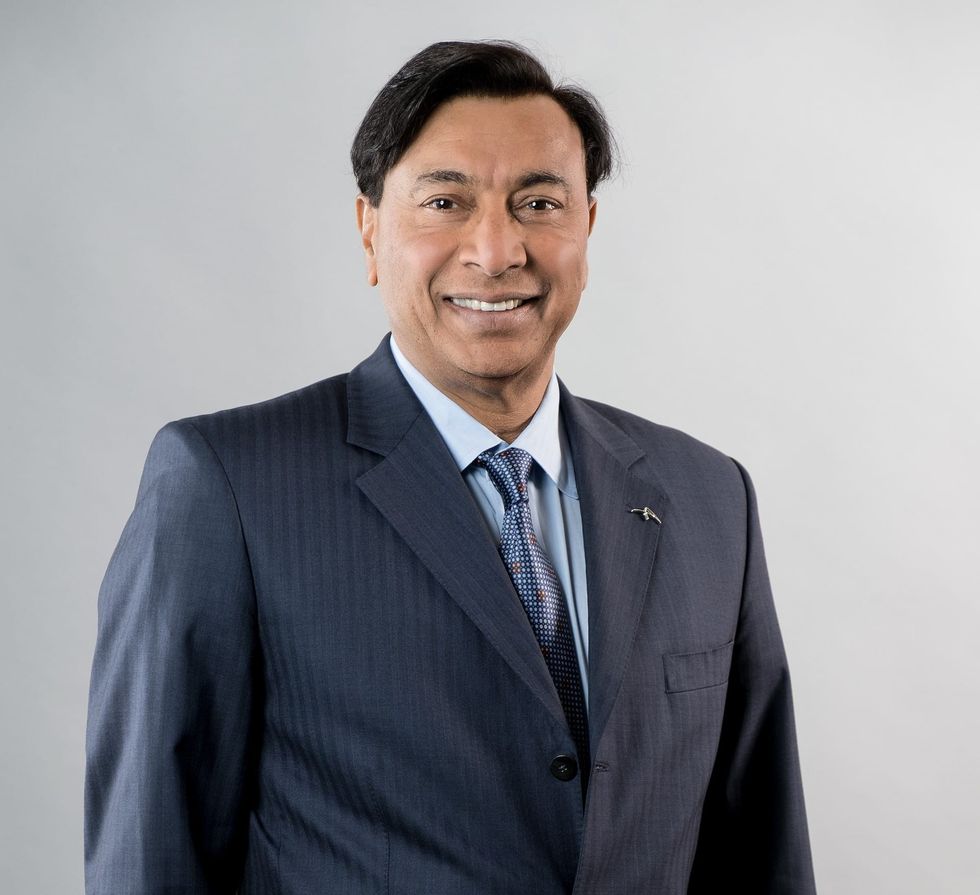THE Indian chief executive of a global luxury brand has encouraged young women who are pursuing careers in business to 'dream big'.
Leena Nair, 54, the CEO of Chanel, emphasised that social conditioning often ingrains the belief that women are incapable of achieving great things.
While taking at The Times’s CEO summit, Nair pointed out that she had to repeatedly break down barriers to become the first Indian to head Chanel and one of a minority of female business leaders.
She said that throughout her various roles, she experienced the unique position of being the first woman, the first brown person, the first Indian, and the first Asian. She described it as both a privilege and a responsibility, but also acknowledged the burden that comes with it.
“You’re always brushed away, your views are never heard at first . . . it’s always the same pattern,” she was quoted as saying by The Times.
Nair,who was ranked eighth in the 2023 GG2 Power List, published by Eastern Eye, joined the French firm 18 months ago after a 30 year career at Unilever. She was the first female and first Asian human resources chief of the global firm. She started her career with Unilever in Chennai, India.
“Literally, the buses used to have a stop at our gate so that people could lean over and see me because I was the only woman in the industrial estate," she is reported to have said during the event.
“I know how to make soap, I know how to make soup, [how to handle] unions, did sales in the north of India, rode the trucks with Unilever tea in [them].”
Nair stated that her experiences fostered resilience and courage in challenging societal norms.
She said, "You must first grasp the rules so you can defy them... Whenever someone claims something cannot be done, I ask, 'says who?' I was repeatedly told that Asians could never become CEOs. I responded, 'really? says who?'"
According to her, the switch from working in the consumer goods industry to the luxury market had been a big transition as the 'client looks at us for the trends we are setting'.
When asked about the impact of artificial intelligence on the fashion industry, Nair expressed her belief that machines would not be responsible for designing clothes in the immediate future. She also emphasised the need of safeguarding human creativity.
In response to questions about consumer preferences, Nair mentioned that customers had shown a strong inclination towards vibrant colors following the pandemic. She noted that there had been an increased demand for sequins, indicating a desire for more sparkle and radiance.
She also mentioned a resurgence in lipstick sales as mask-wearing regulations became less stringent. This observation aligns with the concept of the 'lipstick effect', where sales of affordable luxuries tend to rise during economic downturns, she added.
With 565 boutiques across the globe, Chanel is a prominent player in women's fashion and has a workforce of 32,000 employees.
Despite the challenging economic conditions, the company reported more than $17 billion (£13.4bn) in revenue in 2022, a 17 per cent increase compared to the previous year.


















 Lakshmi Mittal
Lakshmi Mittal 
